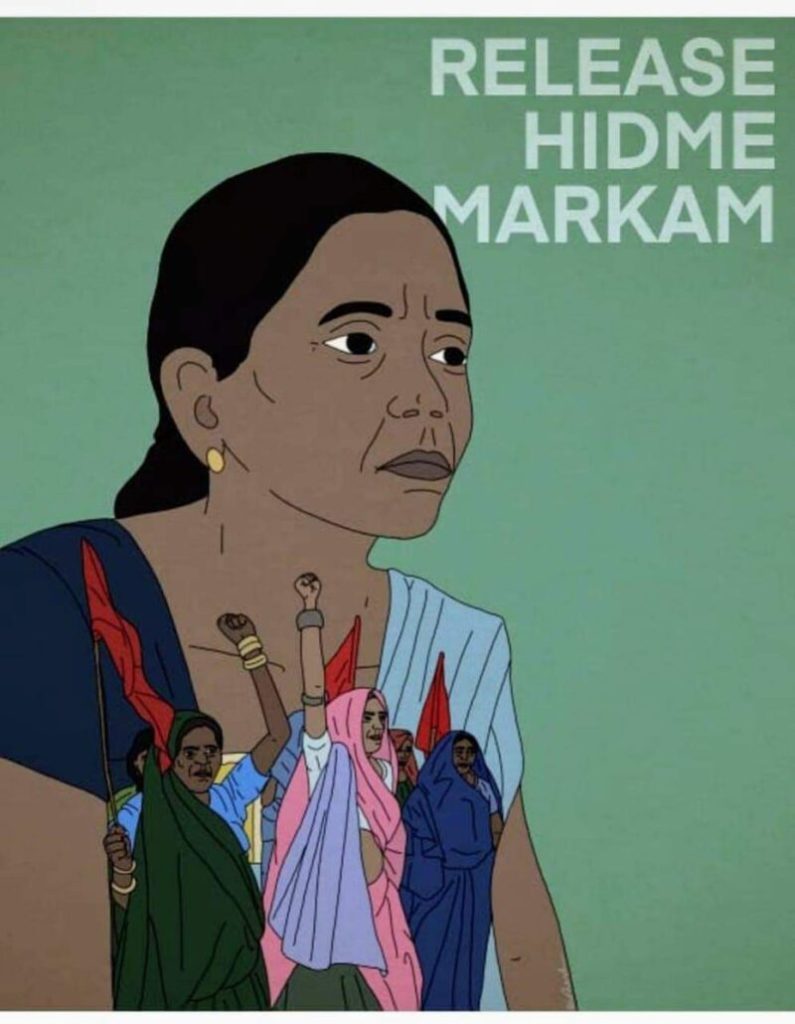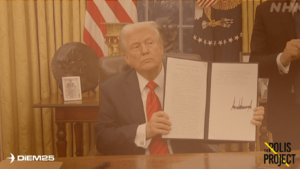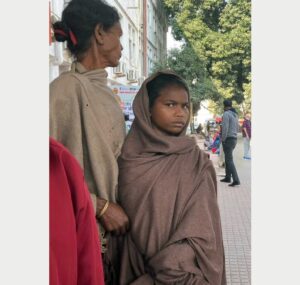
An Adivasi activist against corporate greed and state violence: A profile of Hidme Markam

“At no time have governments been moralists. They never imprisoned people and executed them for having done something. They imprisoned and executed them to keep them from doing something. They imprisoned all those prisoners of war, of course, not for treason to the motherland […] They imprisoned all of them to keep them from telling their fellow villagers about Europe. What the eye doesn’t see, the heart doesn’t grieve for.”― Aleksandr Solzhenitsyn, The Gulag Archipelago, 1918-1956
A political prisoner is a person who is imprisoned for their belief. Regimes across the globe arrest people for who they are and not for what they have done, thus making the category of the political prisoner into a criminal offense. It is a thought crime: the crime of thinking, acting, speaking, probing, reporting, questioning, demanding rights and, more importantly, exercising citizenship. It is also a crime of existing in a Black, Brown, Muslim body that can be targeted and punished for who they are, or what they represent.
These inhumane incarcerations do not just target private acts of courage, they are bound together with the fundamental questions of citizenship, and with people’s capacity to hold the State accountable – especially States that are unilaterally and fundamentally remaking their relationship with their people.
The assault on the fundamental rights has been consistent and ongoing at a global level and rights-bearing citizens are transformed into subjects of a surveillance State.
In this transforming landscape, dissent is sedition, and resistance is treason.
A fearful, weak State silences the voice of dissent. Once it has established repression as a response to critique, it has only one way to go: to become a regime of authoritarian terror, a source of dread and fear for its citizens.
How do we live, survive, and respond to this moment?
With Profiles of Dissent, The Polis Project works with individuals and organizations across the world to question and critique the State that has used legal means to crush dissent illegally and eliminate questioning voices.
It also intends to ground the idea that, despite the repression, voices of resistance continue to emerge every day.
HIDME MARKAM Photo courtesy Sujit Karma Hidme Markam, 28, is an Adivasi anti-mining activist and human rights defender, who served as a convener for the Jail Bandi Rihai Manch (JBRM – Committee for the Release of Prisoners), a platform working on the documentation and release of Adivasi prisoners primarily incarcerated under charges of Naxalism. Markam is part of the Gond tribe and Burgum, her village in Chhattisgarh’s conflict-ridden Dantewada district, has no schools. Growing up in a militarized region, Hidme Markam became the primary care-giver and provider for her family at a young age. “When our father died in 2008, Hidme was the one who gathered the courage and helped educate us,” said Bajni, Markam’s youngest sister. Despite never having access to formal education herself, from 2014 onwards Markam started working as a mid-day meal scheme cook in a public school to help her younger sisters, Hiteshwari and Bajni, to…
Related Posts


Donald Trump’s Master Economic Plan I Opinion by Yanis Varoufakis




